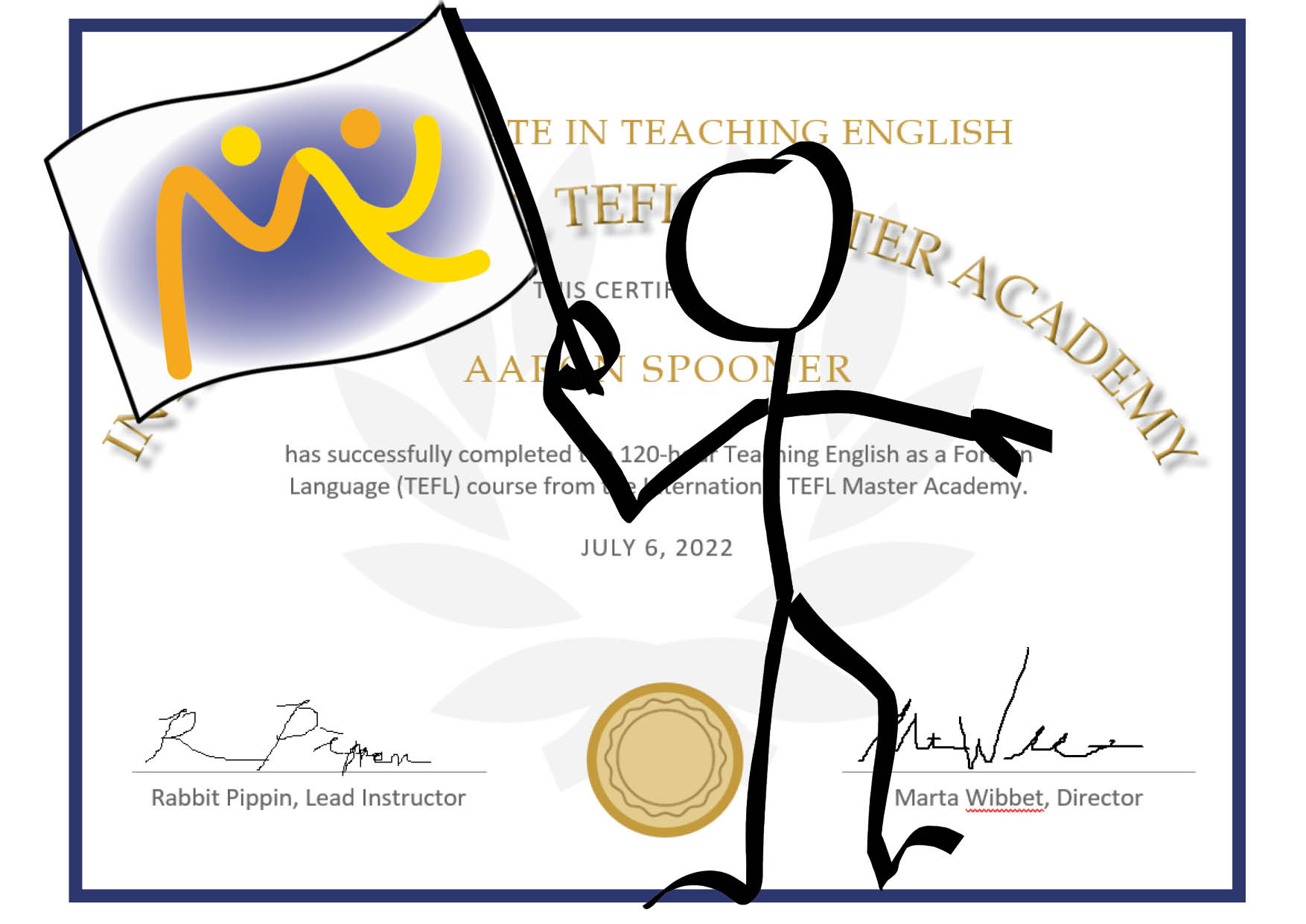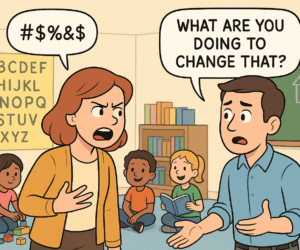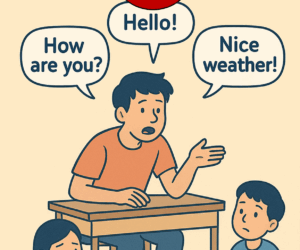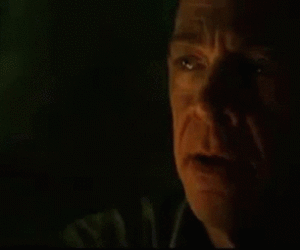What to do with TEFL certificates? We have decided why we want teachers to be TEFL-certified. We have done our homework to understand positive trends and warning flags in the TEFL certificate field. But what TEFL certificates will MY English School accept? How will we decide?
MY English School decided nearly a decade ago to accept OnTESOL’s 250-hour diploma as MY’s recommended certificate for teachers. We have also routinely accepted the CELTA and any higher degrees in related fields. So what is MY doing differently moving forward?
The answer to that question is complicated. What are we doing differently? Not much…and a lot. At this time, what TEFL certificates does MY accept with certainty? OnTESOL’s 250-hour diploma and the CELTA. For any other certificates that teachers bring to us, we will review them case-by-case.
If this sounds essentially unchanged from MY’s stance a decade ago, it is. However, in taking time to understand the TEFL field better, we have also taken a step toward a more robust review process. We hope this process will ensure better certification standards and practices.
Knowing our purpose & principles
Knowing who we are as a company and why we do what we do has helped shape MY’s discussion about TEFL certificates. During the past two years, MY’s Leadership Team and staff have worked to articulate MY’s purpose and principles. These efforts set common ground for our strategy on TEFL certificates.
Why does MY exist as a company? Our answer: “We grow success.” Whether we are considering our students, our teachers, or the company, we grow success. This is MY’s purpose. This is the reason we exist as a company.
What does this mean for TEFL certificates? Whatever decisions we make about TEFL certificates, our choices should grow success. This includes helping our students grow by having better quality teachers. It includes our teachers growing professionally. We grow a strong community of professionals. We grow a culture of learning. We grow success as a company. If we are not growing success in all these areas with TEFL certificate decisions, we are falling short of MY’s purpose.
How do we grow success? MY’s principles guide us:
- We start with questions. Questions allow us to understand the situation before rushing to find solutions. Moving forward, this means asking a lot of questions about TEFL certificates and accreditors. (See, for example, our lists of red flags in the previous post in this series.) For MY’s discussion about TEFL requirements, this meant asking:
- Why should MY require a TEFL certificate?
- Why did we choose the OnTESOL 250-hour diploma as MY’s preferred certificate over a decade ago?
- Why is that certificate still a good option for many teachers, and why is it now not a good option for some?
- What has changed in the TEFL certificate industry in the past decade?
- We are always learning. This principle is part of the reason for requiring a TEFL certificate at MY. MY’s teachers are always learning. Quality TEFL certification is a step toward learning. TEFL certification is also not the end of learning. We keep creating opportunities to grow professionally once certified.
“We are always learning” also informs how we approach TEFL certificate decisions. We have done our homework on the TEFL field, but there remains a lot we do not know. The field is always changing. Each time we review a new accreditor or TEFL certificate, we approach it as a learning opportunity.
- We assume positive intent. Assuming that others are acting for good reasons can be hard when the TEFL field is littered with bad actors. Why is this TEFL certificate provider blatantly lying about its accreditation? Once we have verified externally that a TEFL certificate’s claims are false, we have concrete reasons not to assume positive intent from that provider any longer.
With prospective teachers, however, how should we react to previously acquired TEFL certificates that they bring to MY? If a certificate is rejected by MY, so be it. We will explain in detail to the teacher our concerns with the certificate and why we cannot approve it.
We do not want to fall into the trap of blaming teachers for obtaining bad certificates. We will not point fingers for failing to notice the same flaws that we see. We will not assume that a teacher chose this certificate out of a desire for something cheap and easy. We will continue to assume that a teacher obtained this certificate with good reasons in mind.
- We are proactive and accountable. The TEFL certificate field is far too vast for MY to proactively identify and review every possible TEFL certificate so that we can transparently show teachers exactly what is approved and what is not. I doubt any language school has resources to devote staff almost full-time to TEFL certificate review. What would be the point?
MY is proactive about communicating our purpose, principles, and standards for TEFL certificates. We aim to be as transparent as possible about our process and our decisions. We have staff at multiple levels in MY’s structure who will hold each other accountable for those decisions.
- We do what’s best for MY. MY is not only the company’s bottom line financially. MY is also our students, our staff, and our company culture. For every decision, including about TEFL certificates, we aim to do what is best for all of these as a whole.
Two tiers of certification
One significant change at MY moving forward is that we will accept two tiers of certification: Preliminary and Extended.
Extended MY Certification is essentially what MY has always accepted for TEFL certification. We require a quality, recognized, approved TEFL certificate. Extended Certification earns a significant salary increase. We do not regard Extended Certification as an end point for professional development. Certification is a starting foundation, on top of which we will add MY training and other professional development opportunities outside MY.
In addition, we also recognize that many teachers come to MY with other certifications that may not meet MY’s standards. MY may still reject some certificates, but, from the perspective of teachers and students, the certificate is not what is important. What we seek are quality teachers. A hard-working teacher may still gain knowledge and skills even from a subpar certificate. Certificates that do not meet MY’s quality standards may still have some value. If we can see that a certificate offers a basic introduction to TEFL, it may earn Preliminary MY Certification for a smaller salary increase.
Topping up
With two tiers of certification, MY teachers need a path from Preliminary Certification to Extended Certification. Enrolling in a second introductory TEFL course that covers much of the same ground, even if in more breadth or depth, may feel tedious or unproductive for teachers. Most TEFL providers also offer specialized short courses (usually between 30 and 60 hours in length). Many of these specializations, such as teaching young learners, teaching business English, leadership & management, or teacher training) could be highly relevant to MY teachers. MY has begun reviewing specialized short courses as “top-up” options to raise certification status from Preliminary to Extended without having to take an approved full TEFL course from the start.
Robust review (doing the work of accreditors)
MY continues to recommend OnTESOL’s 250-hour diploma and the CELTA for our teachers. When incoming teachers already possess other TEFL certificates, our Leadership Team has reviewed those certificates and decided our approval or disapproval. What we have lacked is a robust review process. Generally, I think that we have arrived at good decisions about certificates, but our process was made easier by starting with narrow standards.
MY lacked a clear framework that would still allow us to make good decisions after opening our TEFL certification to two tiers. We did not want to accept every advertised 120-hour certificate for Preliminary MY Certification, but how do we go about determining yes and no? Our staff are not trained accreditors. Yet the situation needs us to perform the role of accreditors.
One step forward has been building a color-coded list of accreditors that MY can use internally to assist our decision-making:
- Accreditors we trust (TESL Canada, Cambridge Assessment English), and whose certificates we normally accept pre-approved, without additional review.
- Accreditors we reject. When we see certificates with this accreditation, we should always reject these certificates immediately, with minimal review.
- Accreditors we may accept. In some cases, these are potentially good accreditors that we have not reviewed yet. In other cases, they exhibit good points, but they may also raise some concerns about quality or their review process. We need to subject these to robust review.
- Accreditors we probably will not accept. We may opt to submit certificates with these accreditations to robust review, but these accreditations likely will not carry much weight in our decisions. In some cases, they are legitimate memberships and certifications that are not actual accreditation. In other cases, they seem likely to be sham organizations that we need more research to verify.
Little by little, we may move a few accreditors from the white and yellow categories to the blue and red. Some will remain permanently in that middle zone. In a previous post, we have already looked at red flags for accreditors. In addition, good accreditors:
- Evaluate curriculum content
- Set standards for course hours
- Evaluate instructor quality
- Assess student outcomes
- Evaluate business and management practices
- Actively assess the program periodically, not rely solely on self-reporting or give a one-time endorsement
- Offer transparent, meaningful criteria and standards
- Publicly list the organizations, programs, courses, or certifications they accredit
- Are accountable
- Avoid conflicts of interest
As much as possible, MY seeks reliable accreditation frameworks to assist our decisions about individual TEFL certificates. When an accreditation does not fully earn our trust, we are left to become the accreditors.
Acting as accreditor for a TEFL certificate will be difficult. As much as the detailed standards of TESL Canada or the CELTA have helped set expectations for course hours, curriculum content, instructor qualifications, student outcomes, business practices, and so on, we lack many of the tools and resources of accreditors. We may contact a TEFL provider with questions, but we lack the full cooperation of the provider in opening their books and courses for us to audit. TEFL certificates that fail to offer transparency will struggle to gain our approval.
For TEFL certificates that do not have any accreditation? Should MY choose mostly to ignore them? The time and other resources needed to review these certificates make them almost certainly not worth our while.
Rejecting all unaccredited certificates is unfortunate in some cases. MY will likely exclude a handful of very good TEFL certificates. If a TEFL certificate providers, having seen the messy TEFL accreditation landscape, has foregone gimmicky accreditation as a marketing tool, that is understandable, even laudable. At the same time, how can a language school discern the value of that certificate to teachers? Good accreditation is not a gimmick. Good accreditation helps us make better decisions. TEFL certificates that do not opt into valid accreditation have decided that MY and MY teachers are not part of their client base. That’s O.K.
At the start, our approved and rejected lists remain short, essentially unchanged from the past decade. With each new certificate teachers bring to us, we expect our lists of accreditors, certificates, and top-up short courses to grow. These lists will improve transparency and flexibility for our teachers, and they will help maintain MY’s quality instructor promise to our students.
Who decides?
With a general framework for TEFL certificate approval decisions in hand, MY’s Leadership Team struggled with a final question: Who at MY will review and decide about TEFL certificates? Who applies the standards?
We considered existing teams at MY: Leadership Team, Hiring Team, Professional Development Team. In each case, TEFL certificate review would, at times, be a substantial distraction from these teams’ primary functions.
We settled on an ad hoc committee of three or four people drawn from MY’s Hiring Team, Professional Development Team, and managers. The committee can meet only when needed without significantly disrupting the pressing work of an entire team. The ad hoc committee can draw perspective from several groups at MY, who all have a stake in holding the committee accountable.
Following months of work to understand the TEFL certificate field better, this may sound like a depressingly bureaucratic response–what is MY doing to address the TEFL certificate question? We formed a committee.
This said, we are optimistic that we are moving in the direction that is best for MY’s students, teachers, and company culture. Our next step is to begin training this committee to act like accreditors. Several current and incoming teachers are already seeking the committee’s review. We are handing the committee good tools and entrusting this small group to care well for MY’s principles.
This ends our four-part blog series on the TEFL problem. How to handle TEFL certificates remains far from a settled question for employers and teachers. We look forward to continued debate and to further changes and developments in the TEFL field.
Part 1: The TEFL Problem
Part 2: Why TEFL?
Part 3: Three Bright Spots in the TEFL Industry (and a lot of red flags to watch for)
Part 4: Moving forward on MY’s TEFL certificate requirements









